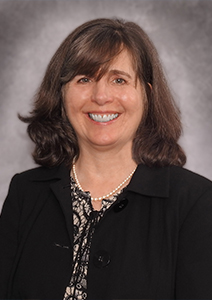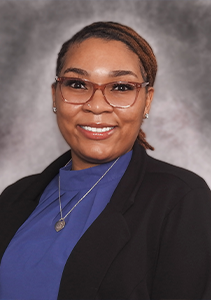Did you know that asthma often starts during childhood? In the United States, more than 6 million children have been diagnosed with the disease, according to the Centers for Disease Control and Prevention .
What Is Asthma?
Asthma is a chronic disease that makes your airways swell so breathing becomes difficult. Symptoms can vary from person to person. Common symptoms include:
- Shortness of breath
- Chest pain or tightness
- Whistling or wheezing sound when breathing
Dr. James Moy, Director of the Division of Pediatric Allergy and Immunology at Cook County Health (CCH) said, “Some asthma symptoms are mild and go away on their own or after minimal treatment, but sometimes they get worse and cause an intense and potentially deadly asthma attack. It is important to see a doctor right away if your child experiences any asthma symptoms.”
Allergies and Asthma
Many people only notice their asthma symptoms while active or exercising, Dr. Moy said. Others may have difficulty breathing at all times. This is usually linked to allergies. Allergies can make asthma worse or trigger it. Smoke, pollen and animals are common allergies.
Allergic asthma is the most common type of asthma in the United States, including for children. Many of the symptoms are the same, but allergic asthma is triggered by breathing in allergens. If your child has allergic asthma, their airways are probably extra sensitive to certain things. These can include:
- Smoke
- Pollen
- Dust mites
- Mold
- Pets
- Dust
- Air pollution
- Perfumes and scented products
- Cockroaches
Asthma Treatment
There is no cure for asthma, but there are ways to manage it.
Treating your child’s symptoms when you first notice them is key, as it can help prevent the symptoms from worsening or turning into a severe asthma attack, Dr. Moy said. Secondhand smoke is especially bad for children with asthma. Exposure to smoke can lead to asthma flare-ups and trips to the emergency room.
Your best defense against allergies and asthma is to:
- Understand the disease.
- Learn your child’s triggers.
- Limit exposure.
- Use medication as directed.
- Schedule regular check-ins with your child’s doctor.
If you need help quitting smoking, or want to talk to one of our CCH doctors about how to help your child manage his or her asthma, contact CCH at 312-864-0200.


